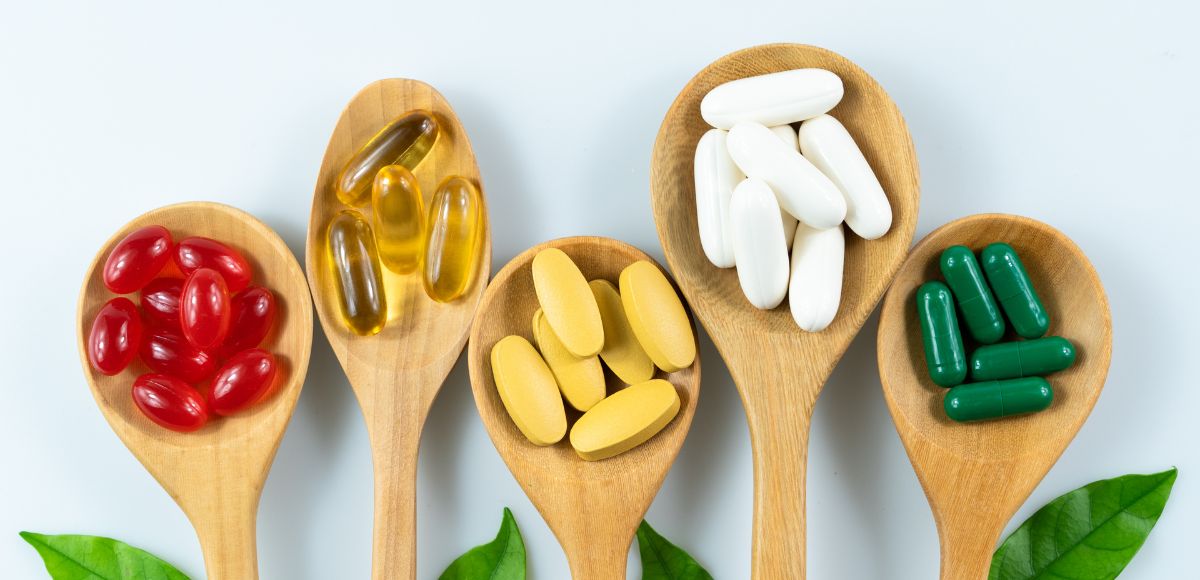Maintaining optimal vaginal health is crucial for women of all ages. Various factors, including diet, lifestyle, and hormonal changes, can influence this aspect of health. Vitamins play a significant role in supporting vaginal health by promoting a balanced pH, enhancing immune function, and maintaining tissue integrity. In this article, we will explore the top vitamins that contribute to vaginal health and discuss how they work.
1. Vitamin A
Vitamin A is vital for maintaining the health of epithelial tissues, including those in the vaginal area. It helps in the production of mucus, which is essential for lubrication and comfort. This vitamin also plays a crucial role in immune function, helping the body fend off infections that could affect the vaginal environment.
Sources of Vitamin A:
Carrots
Sweet potatoes
Spinach
Kale
Apricots
How to Supplement:
Vitamin A can be taken as part of a multivitamin or through specific supplements. However, it’s essential to avoid excessive intake, as too much vitamin A can lead to toxicity.
2. Vitamin C
Vitamin C is well-known for its immune-boosting properties, but it also plays a crucial role in vaginal health. It helps maintain the integrity of vaginal tissues and supports the production of collagen, which is essential for keeping tissues strong and resilient. Additionally, vitamin C contributes to a healthy balance of bacteria in the vagina, reducing the risk of infections.
Sources of Vitamin C:
Oranges
Strawberries
Kiwi
Bell peppers
Broccoli
How to Supplement:
Consider taking a vitamin C supplement or increasing your intake of vitamin C-rich foods. The recommended daily allowance (RDA) for women is about 75 mg.
3. Vitamin D
Vitamin D is crucial for overall health, including vaginal health. This vitamin helps regulate the immune system, which can prevent infections. Additionally, vitamin D is involved in hormone regulation, which can affect vaginal moisture levels, especially during menopause.
Sources of Vitamin D:
Fatty fish (like salmon and mackerel)
Fortified dairy products
Egg yolks
Sunlight exposure
How to Supplement:
If you have limited sun exposure, consider taking a vitamin D supplement, particularly during the winter months. The RDA for women is 600 IU, but some may require higher doses based on individual health needs.
4. Vitamin E
Vitamin E is an antioxidant that helps protect cells from oxidative stress. In the context of vaginal health, vitamin E is known for its moisturizing properties. It can help alleviate dryness, which is particularly beneficial during menopause or for women experiencing vaginal atrophy. Topical vitamin E can also soothe irritation and promote healing.
Sources of Vitamin E:
Nuts and seeds (especially almonds and sunflower seeds)
Spinach
Broccoli
Avocado
How to Supplement:
Vitamin E can be taken as part of a multivitamin or as a standalone supplement. It can also be applied topically in oil form to the vaginal area for direct benefits.
5. B Vitamins
What vitamins are good for vaginal health. The B vitamin complex, particularly B6 (pyridoxine) and B12 (cobalamin), plays a significant role in hormonal balance and metabolism. These vitamins support the body’s ability to manage stress, which can impact hormonal fluctuations and, consequently, vaginal health. B vitamins also aid in maintaining healthy skin and mucous membranes.
Sources of B Vitamins:
Whole grains
Meat (especially liver)
Eggs
Dairy products
Legumes
How to Supplement:
B vitamins are often included in multivitamins, but individual supplements are also available. Ensure you’re meeting the RDA for your age and lifestyle.
6. Folate (Vitamin B9)
Folate is essential for DNA synthesis and repair, which is crucial for cellular health throughout the body, including the vaginal area. Adequate folate levels can help prevent cervical dysplasia and support overall reproductive health. It also plays a role in hormone regulation, which can influence vaginal moisture.
Sources of Folate:
Leafy greens (like spinach and kale)
Legumes (beans and lentils)
Fortified cereals
Citrus fruits
How to Supplement:
Folate can be taken as part of a B-complex supplement or a multivitamin. The RDA for women is 400 mcg, with higher amounts recommended for pregnant women.
7. Zinc
While not a vitamin, zinc is a critical mineral that supports immune function and helps regulate hormonal levels. It plays a vital role in wound healing and can assist in maintaining the health of vaginal tissues. Adequate zinc levels may help prevent infections and promote a balanced vaginal flora.
Sources of Zinc:
Meat (beef, pork, and lamb)
Shellfish (especially oysters)
Legumes
Nuts and seeds
Whole grains
How to Supplement:
Zinc supplements are available, but it’s essential to consult with a healthcare provider for appropriate dosing.
Summary
Vaginal health is an integral part of a woman’s overall well-being, and proper nutrition plays a key role in maintaining it. Vitamins such as A, C, D, E, and the B complex are essential for supporting the integrity of vaginal tissues, regulating hormones, and boosting the immune system. Incorporating these vitamins into your diet can help promote a healthy vaginal environment.
Always consult with a healthcare provider before starting any supplementation, especially if you have underlying health conditions or are taking other medications. A balanced diet rich in these vitamins, along with a healthy lifestyle, can contribute significantly to optimal vaginal health and overall wellness.
